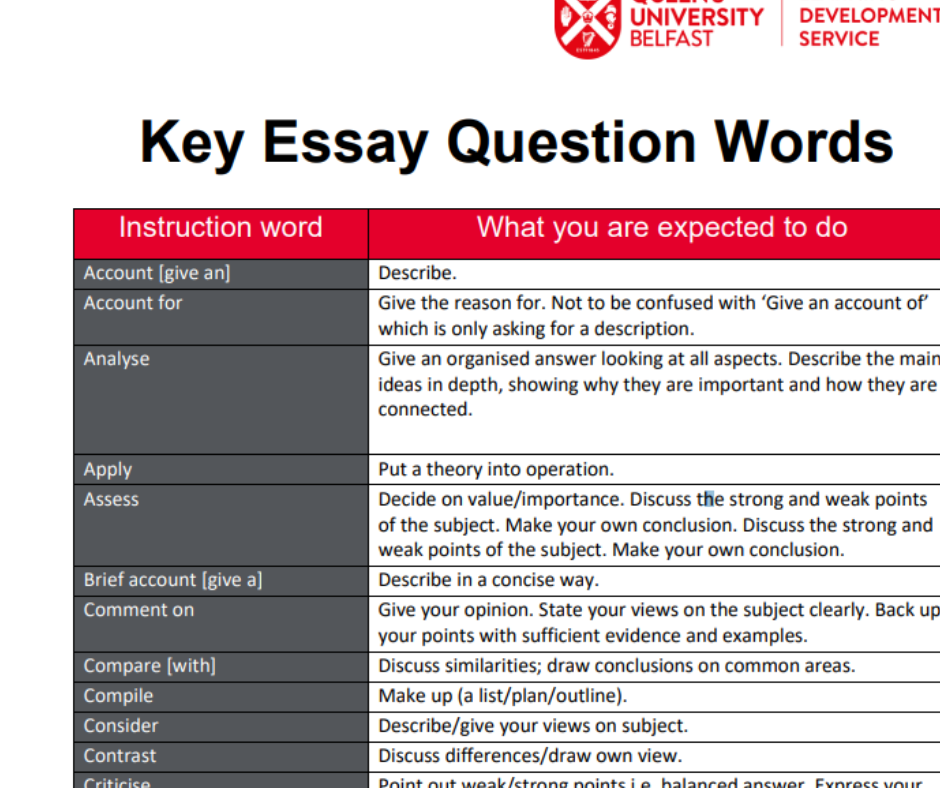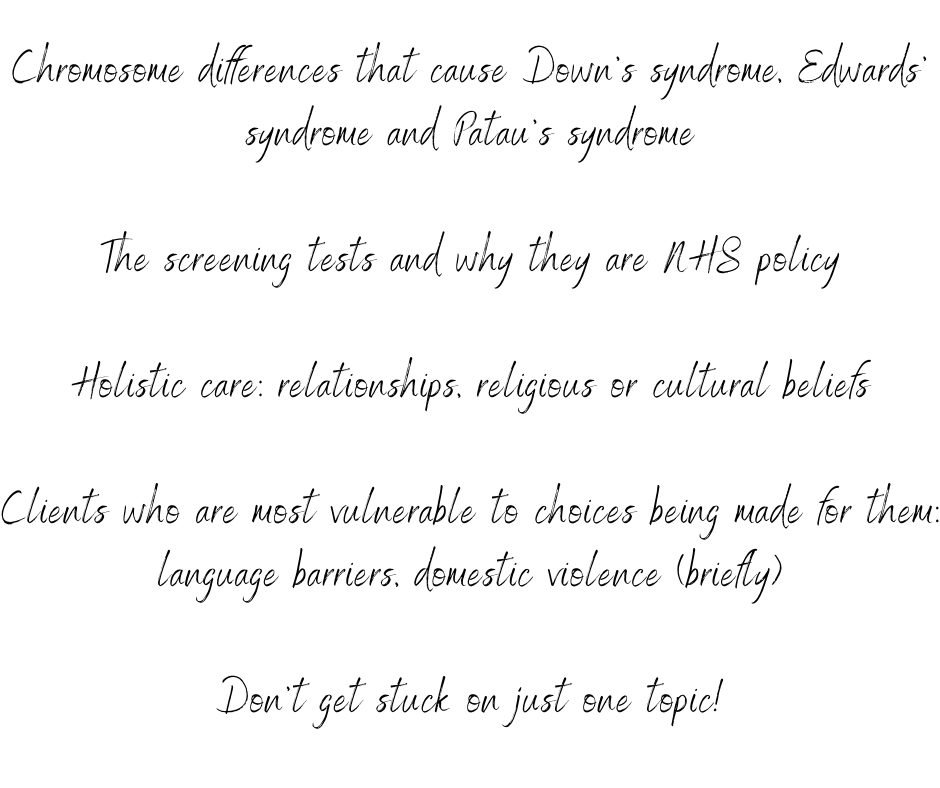Voice Notes and Other Tools
Reading the literature on the topic of your essay and making notes can feel like a bit of a slog. One of the biggest breakthroughs for me was starting to use voice-to-text software. When you’re completing challenging reading for an essay project, ‘harvesting your ideas can feel like such an immense task, and there can be real resistance to it unless it's light.’
Voice Notes
I use Gmail, and with that comes access to G suite. Google Documents is the equivalent of Microsoft Word and it has a voice typing function (you can find it under ‘Tools’).
I also use Otter if I’m taking heavy-duty voice notes or wanting to transcribe a podcast or something, though you do have to pay for that.
(No affiliation to either.)
To get an idea of how this works you can take a look at my messy and somewhat incomprehensible notes that I used to put together a chapter on exams for a book I wrote. I hope you can see that mostly I put the source in bold and underlined so it’s obvious to see where thoughts have come from and I can reference it later.
Clarifying Terms
It’s funny how often I started to write an essay and then realised on closer examination I didn’t know what the words in the question meant; at least, not well enough to sustain me through the whole essay.
There’s a great guide to essay terms from Queens University Belfast here.
Guidance Sheets
Unpacking the essay topic in 500 words or so, and clarifying what it may or may not mean, is one of the first things I’ll do when starting an assignment.
This will help me identify the most important concepts that I know MUST end up in my essay and I will write them on an A4 piece of paper and put it on my wall to help guide me.
An example guidance sheet for an essay on antenatal screening for genetic conditions.
Be discerning here. I will also add any general feedback I’ve had from essays. All this helps me keep on track.



